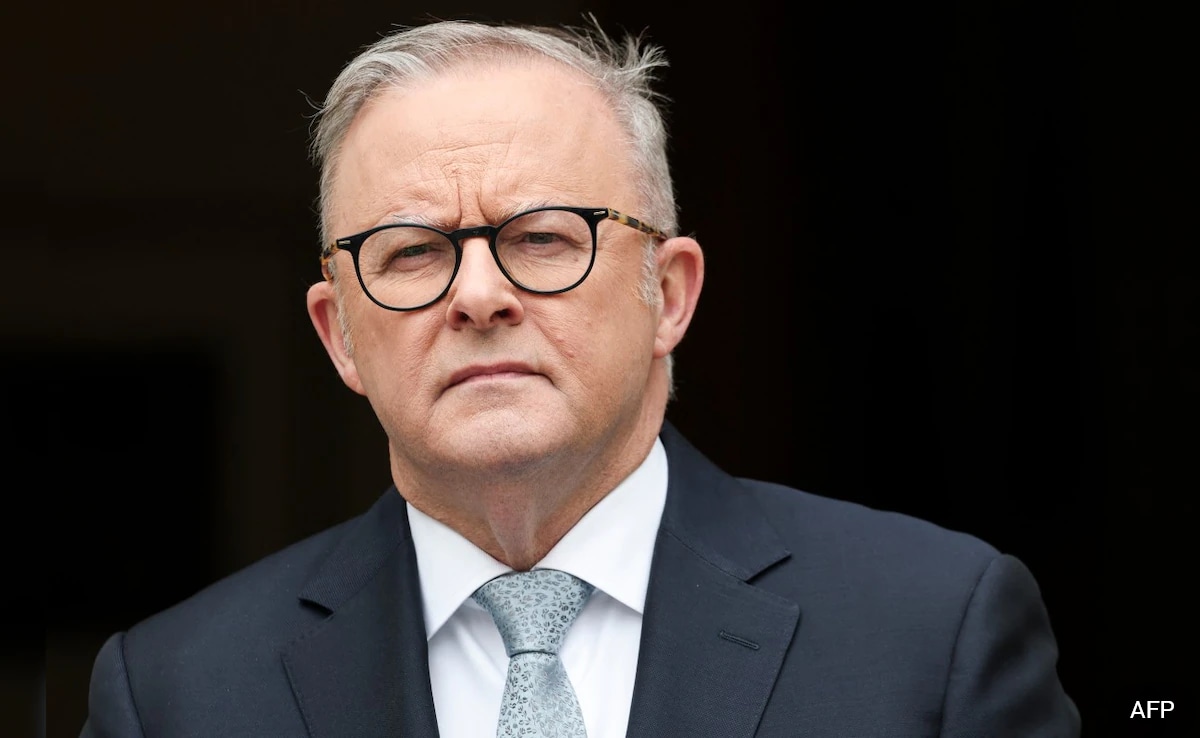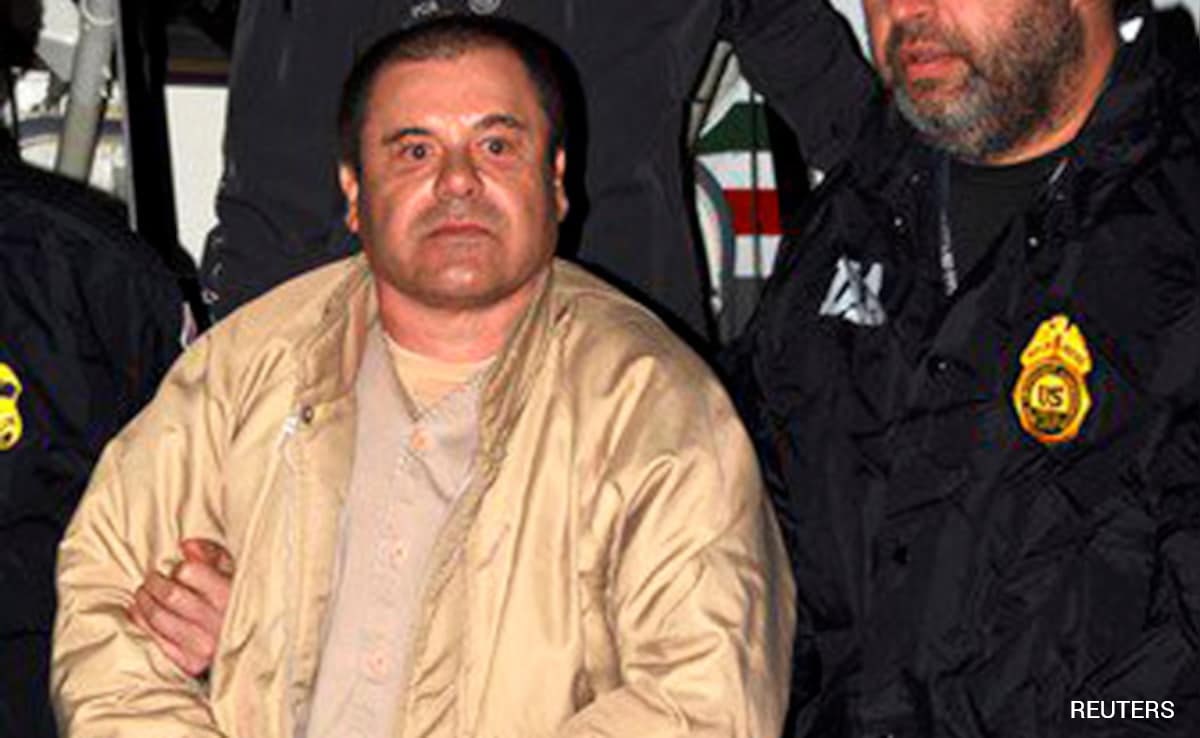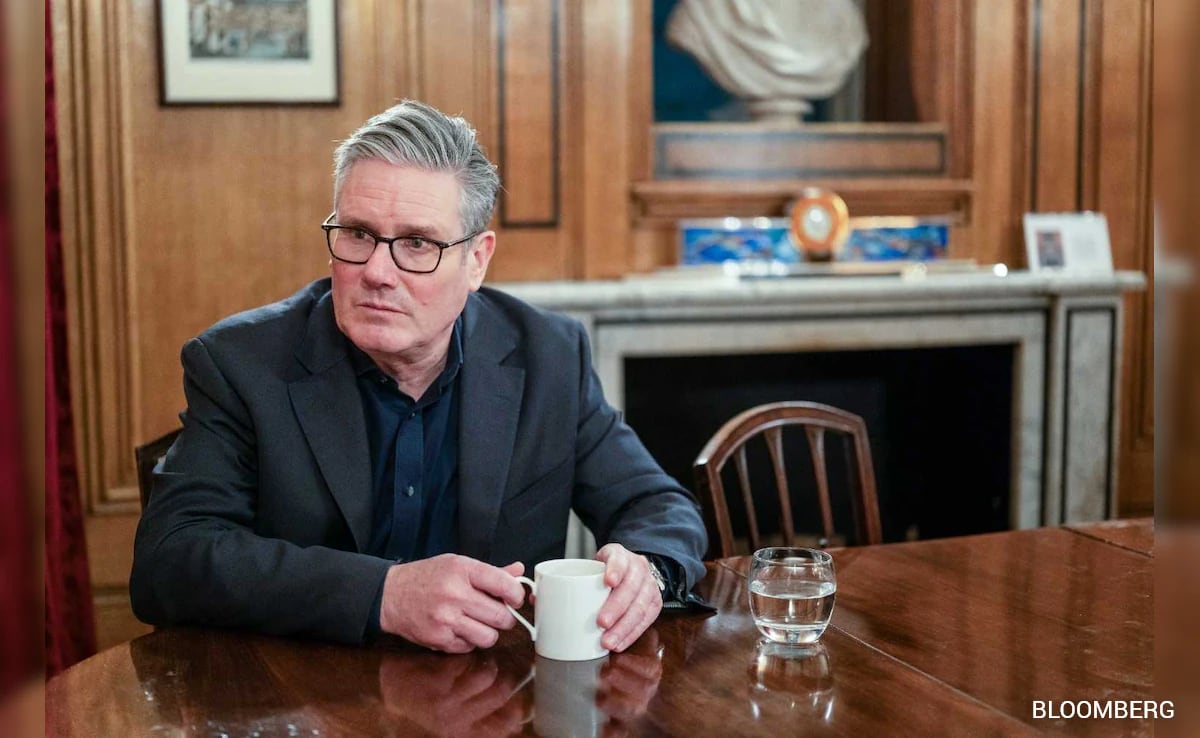“These atrocities cannot and will not be left unanswered,” von der Leyen said. “It is important to sustain utmost pressure on [Russian President Vladimir] Putin and the Russian government at this crucial point.”
The package does not respond to demands for an embargo on Russian oil or natural gas and is unlikely to quiet calls for the E.U. to do more.
“To avert ‘new Buchas,’ impose the mother of all sanctions: stop buying oil, gas, and coal from Russia,” Ukrainian Foreign Minister Dmytro Kuleba tweeted Tuesday. “Stop financing Putin’s war machine.”
This is the first E.U. move to block Russian energy imports since the invasion. The reason the commission proposed coal, not oil or gas, “is likely because it is the easiest to be replaced,” said Simon Tagliapietra, a senior fellow at Bruegel, a Brussels-based think tank.
In 2020, the E.U. imported just under 20 percent of its coal from Russia compared with about 35 percent of its oil and 40 percent of its natural gas, according to the E.U. statistics office.
“The E.U. everyday imports from Russia around 15 million euros of coal [$16.38 milliion], around 400 million euros [$436.84 million] for gas and 450 million euros [$491.44 million] for oil,” Tagliapietra said. “A ban on coal is not going to hit Russia.
Von der Leyen suggested Tuesday that oil could be next — but offered no concrete plan or timeline. “We are working on additional sanctions, including on oil imports,” she said.
The commission said Tuesday that a ban on imports of coal from Russia would hit Russia to the tune of $4 billion a year cutting “another important revenue source for Russia.” Some countries may push to moderate the plan, however, preferring a phaseout of Russian coal.
In addition to targeting coal, the package aims to “weaken Russia’s financial system” by cutting off four banks and to impose export bans on items such as quantum computers and advanced semiconductors to “continue to degrade Russia’s technological base and industrial capacity,” according to a statement.
The commission’s proposal also seeks to block most Russian ships and trucks from the E.U, to “drastically limit the options for the Russian industry to obtain key goods.” There will also be additional sanctions on individuals, although they have yet to be named.
Since Russia invaded Ukraine, the E.U. has worked with the United States and others to hit Russia with a series of sanctions aimed at isolating Moscow and weakening the war effort.
Although a next round of sanctions has been in the works for a while, reports of possible war crimes prompted the E.U. to press ahead on energy, starting with coal.
“We are today submitting a proposal for more sanctions to further cripples Putin’s war machine following the atrocities committed by Russian armed forces in Bucha and other places under Russian occupation in Ukraine,” said Josep Borrell, the E.U.'s top diplomat.
The European Union is united in its outrage over evidence of Russian atrocities in Ukraine, but it is deeply split about what to do next, especially when it comes to energy.
Ukrainian and some E.U. leaders have urged the bloc to impose a full embargo, but major E.U. economies have pushed back, arguing that the cost to Europe would be too high.
Grisly images from Bucha raised the pressure to act. French President Emmanuel Macron said Monday that indications of “war crimes” in Ukraine warranted new sanctions. The Élysée presidential palace later said that France would back an embargo on Russian oil and coal — not natural gas.
Germany does not want a gas embargo, nor does Austria. Austria’s finance minister, Magnus Brunner, said Monday the E.U. should “keep a cool head” despite Bucha. Sanctions, he said, “must not affect us more than Russia.”
“That’s why we are, together with Germany, very reluctant about a gas embargo,” he said.
.png)











 English (United States) ·
English (United States) ·  Turkish (Turkey) ·
Turkish (Turkey) ·